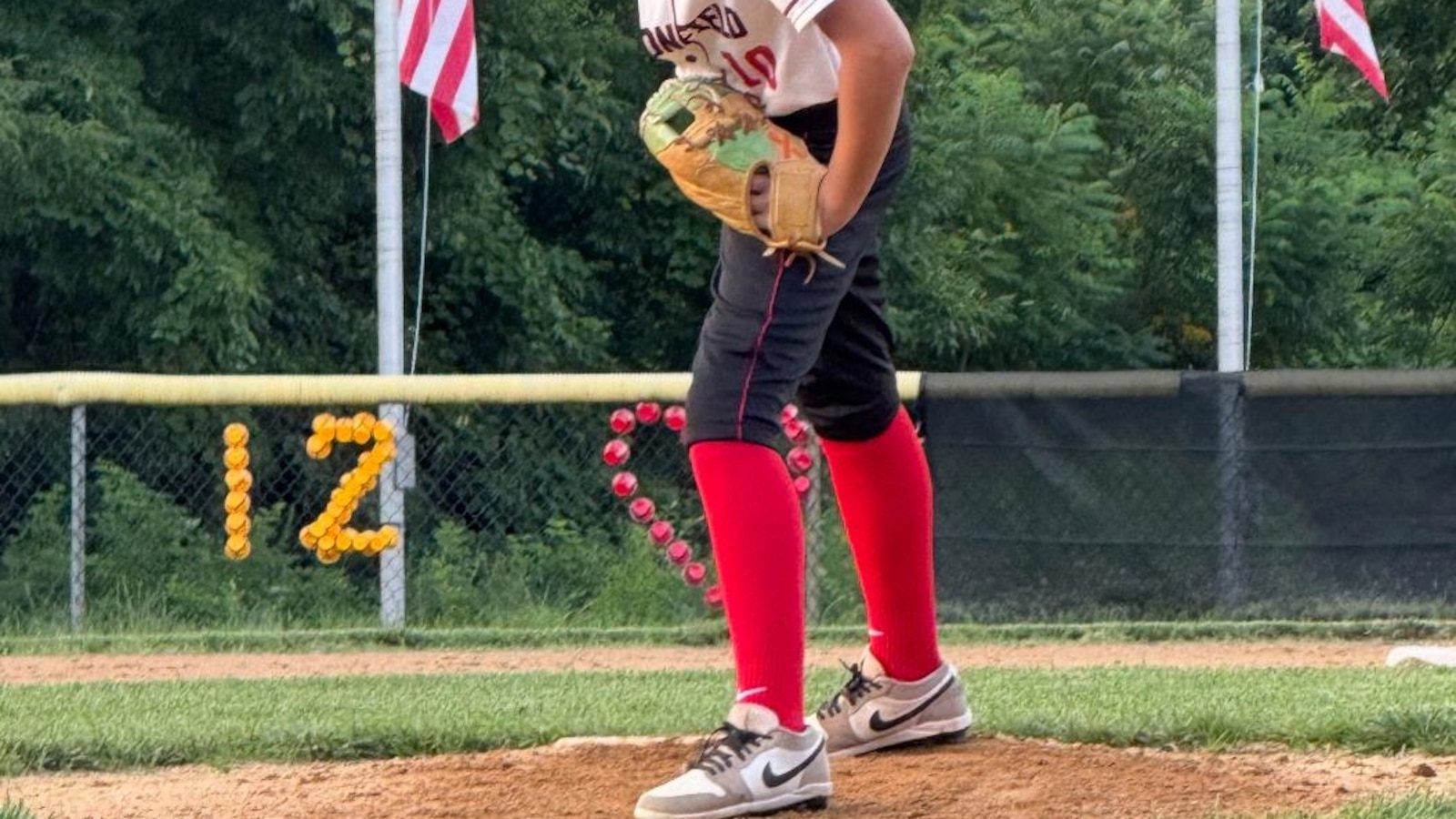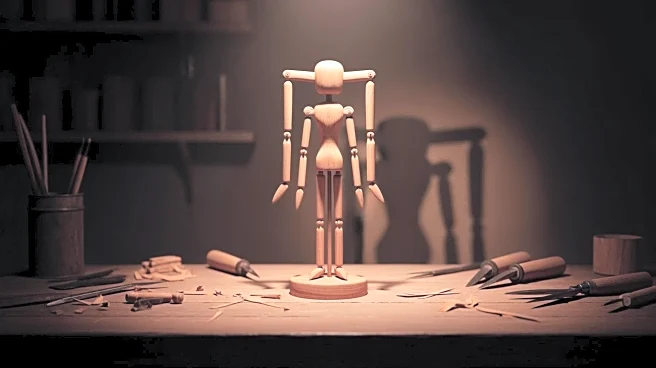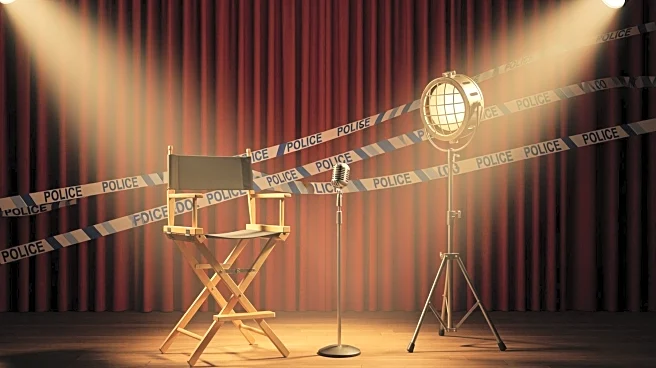In a whirlwind of emotions and legal drama, 12-year-old Marco Rocco found himself at the center of a controversial debate in youth sports after he was suspended for celebrating a game-winning home run
Did You Know
The original name of Google was 'Backrub.'
?
AD
with a bat flip. This incident, which many deem a common expression of joy in baseball, was labeled "unsportsmanlike" by Little League officials, triggering an outcry from fans and parents alike. Rocco’s spontaneous celebration, reminiscent of major league players, leads to questions about the restrictions placed on young athletes in their moments of triumph and exuberance.
As Rocco faced the prospect of missing his team's first state tournament game, his family took decisive action, seeking legal recourse against the suspension. Their efforts culminated in a pivotal court ruling that lifted the ban, with a judge declaring that the punishment imposed by league officials was arbitrary and capricious. The ruling not only restored Rocco's right to play but also highlighted a significant issue in youth sports: the balance between maintaining sportsmanship and allowing children the freedom to express themselves. In today’s competitive environment, how can celebrations be both respected and regulated?
The community rallied behind Rocco, with support emerging from unexpected corners, including parents of opposing players. This event sparked discussions about the culture of youth sports and the potential for outdated norms to stifle the joy of young athletes. Advocates argue that allowing players to celebrate their achievements might cultivate a more positive and enjoyable atmosphere in the sport. As the dust settles, the saga of Marco Rocco serves as a reminder that celebrations, like the game itself, should be cherished and embraced, giving young athletes the space to express their passion and love for baseball.
Q&A (Auto-generated by AI)
What are bat flips in baseball culture?
Bat flips are celebratory gestures made by players after hitting a home run, where they toss the bat into the air. This act has become a symbol of excitement and self-expression in baseball, often reflecting a player's personality. However, it can also provoke mixed reactions; some view it as a display of disrespect towards opponents, while others see it as an integral part of modern baseball culture, especially in youth leagues and professional sports.
How do Little League rules address celebrations?
Little League rules generally promote sportsmanship and respect among players. Celebrations, including bat flips, are often viewed through the lens of 'unsportsmanlike conduct' if they are deemed excessive or disrespectful. However, the inconsistency in how these rules are enforced can lead to controversies, as seen in the case of the New Jersey Little Leaguer who faced suspension for his bat flip after a home run.
What led to the suspension of the player?
The suspension of the 12-year-old New Jersey Little Leaguer occurred after he flipped his bat in celebration following a game-winning home run. The umpires deemed this act unsportsmanlike, leading to his removal from the game and subsequent suspension from the state tournament. This decision sparked widespread debate about the appropriateness of such penalties in youth sports.
How common are bat flips in professional baseball?
Bat flips have become increasingly common in professional baseball, particularly in the Major Leagues. Players like José Bautista and Yasiel Puig are known for their dramatic bat flips, which have sparked discussions on sportsmanship and tradition. While some fans celebrate these displays as part of the game's evolution, others argue they disrupt the sport's decorum.
What does 'unsportsmanlike conduct' mean?
'Unsportsmanlike conduct' refers to actions that violate the principles of fair play and respect in sports. This can include taunting, excessive celebration, or any behavior that could be perceived as disrespectful to opponents, officials, or the game itself. In youth sports, such as Little League, enforcing this rule aims to promote positive behavior among young athletes.
















